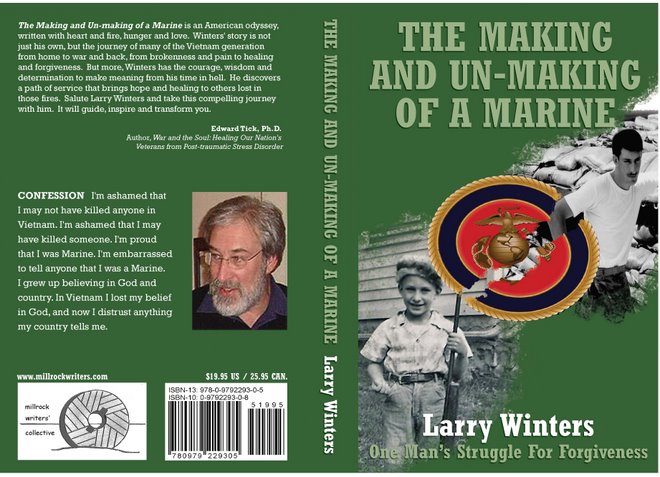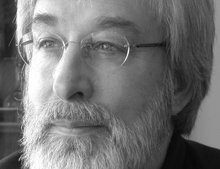PTSD Workshop
Post Traumatic Stress Disorder or Post Traumatic Society Disorder
We have given our veterans behavior a name, Post Traumatic Stress Disorder or PTSD. In 1980 PTSD became a diagnosis in the Diagnostic and Statistical Manual of Mental Disorders or DSM II at that time. This was seen by many health care professionals as making great strides for combat veterans now they were eligible for the treatment they had urgently needed since the ending of the War five years earlier. Finally effects of war trauma on soldiers which had been previously called “Shell Shock,” or “Solders Heart,” became legitimized and the VA was held responsible to treat this disorder.
I believe what was unseen at the time is that by declaring PTSD an illness of the individual and placing it in the mental health manual for the treatment of individual illnesses, we affectively isolated the problem into the category of a personal treatment. This places the onus of healing on the patient and the patient’s treatment team.
I will be presenting the above material on PTSD at the
The 9th annual Kateri Tekakwitha Peace Conference
"Hope and Resistance - Transforming the Course of History" will be held on Friday evening, August 17 and Saturday, August 18, 2007. Please join us in this Interfaith conference, featuring Stephen Eric Bronner and Fr. Louis Vitale OFM at the National Kateri Tekakwitha Shrine in Fonda, NY. All are welcome!
Post Traumatic Stress Disorder or Post Trauma Society Disorder?:
A Deeper look at PTSD By Larry Winters
Location: Dinning Hall
PTSD is a diagnostic term that comes out of the DSM-!V, a mental health manual. It stands for Post Traumatic Stress Disorder. I propose that PTSD should stand for Post Trauma Society Disorder.
This workshop will look at our returning soldiers and the obligation our society holds in healing these men and women. In fact this obligation goes well beyond parades, VA hospitals, and military metals. If we as a society don't reach down into our souls, we will never understand our returning men and women with PTSD nor the continuing disorder in their lives. PTSD is also seen as infectious adversely effecting our families, community, and nation. Until we fully accept our societal responsibility neither our returning military personnel nor our nation will have peace.
Questions we will ask in this workshop:
- What do these men and women soldiers need?
- How can we learn to listen to pain we'd rather turn off?
- What do we do with the pain they will deliver to us?
- What does honor really mean?
- How do we accept the life and death reality of what our soldiers have done and must live with?
- How do we remove politics from our souls and see our soldiers as human beings?
- What does it mean to have a warrior in our house, at our work place, and in our communities?
Larry Winters was born and raised in New Paltz, NY. Larry entered the United States Marine Corps after high school and served in Vietnam 1969-1970. Twenty-five years later, as a licensed mental health counselor at Four Winds Hospital in Katonah, NY, Larry Winters returned to Vietnam with other heath care professionals to study Post-Traumatic Stress Disorder (PTSD) in the Vietnamese people and to make peace with his past. Larry is a widely published poet, men's group leader and group psychotherapist. He has recently published his book titled "The Making and Un-making of a Marine". If you wish to know more about Larry or his book feel free to email him or check out his blog at:
Email: winters.lawrence@gmail.com
Blog: makingandunmaking.blogspot.com

